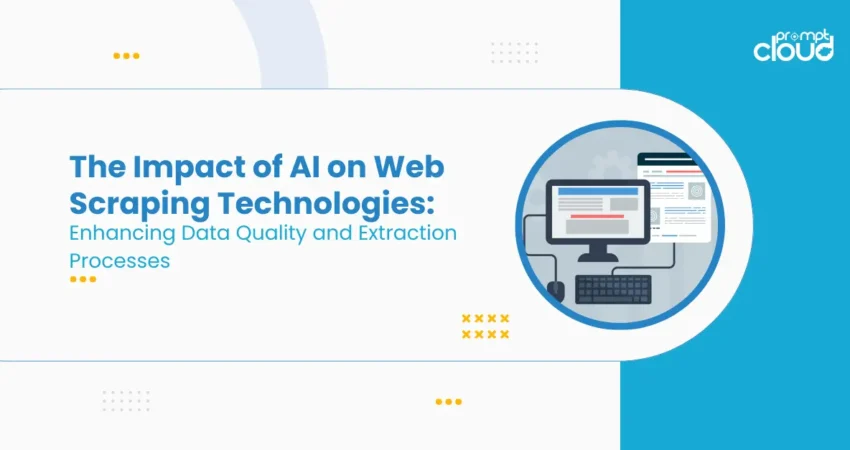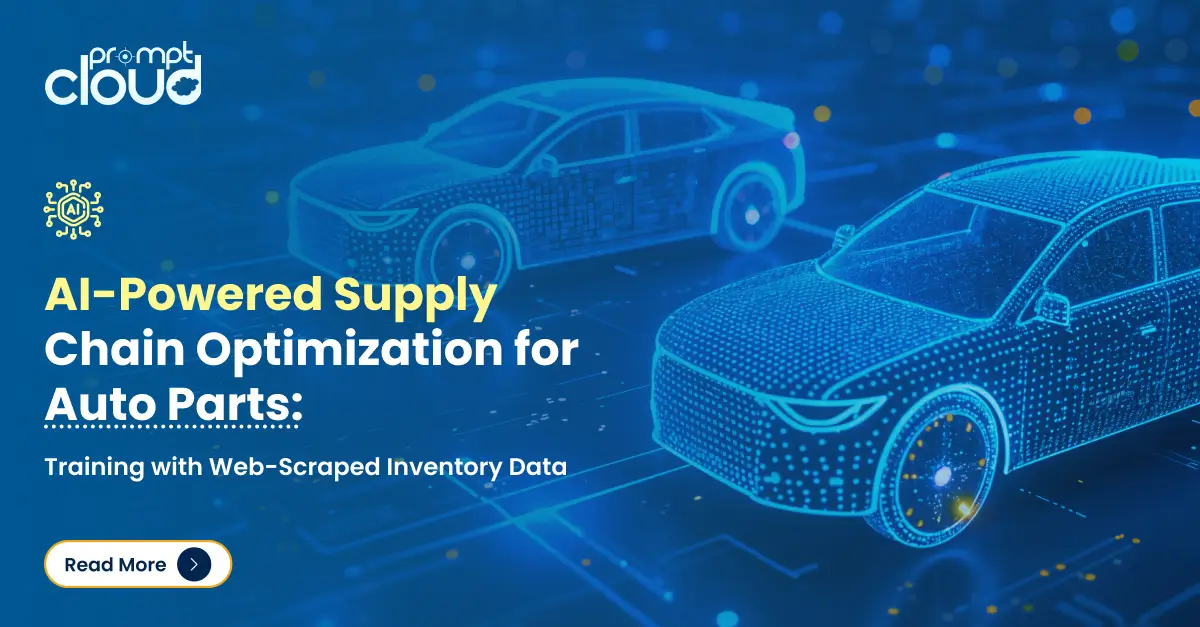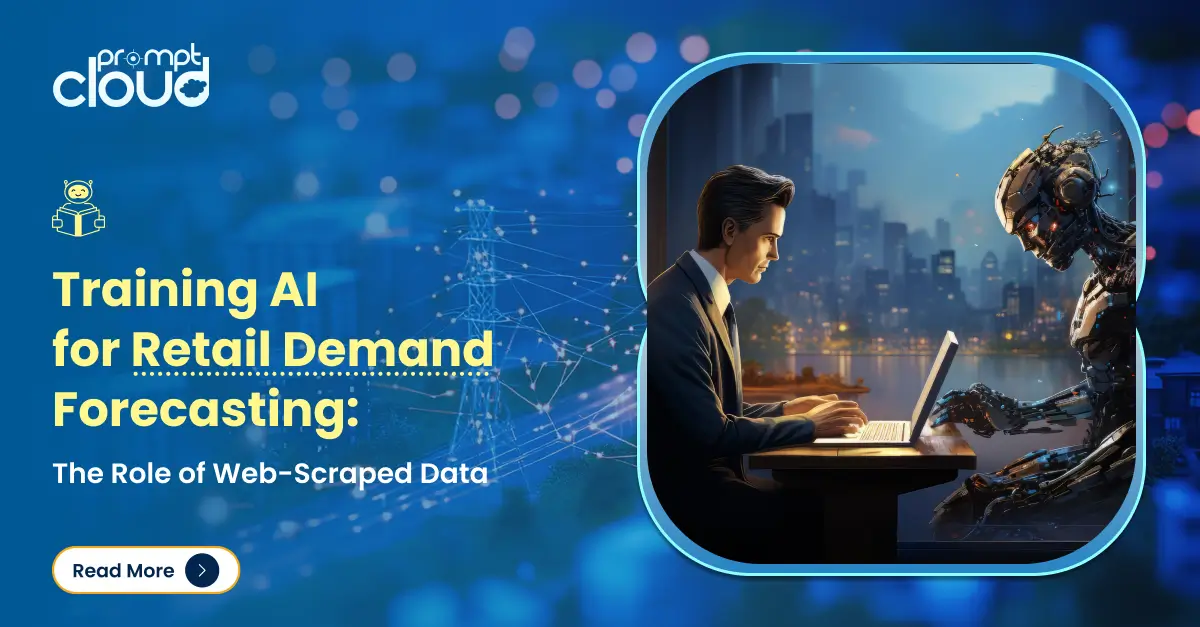
The digital age has brought about a massive surge in the generation and dissemination of data. As businesses increasingly rely on data-driven decision-making, web scraping technologies have become indispensable for harnessing valuable insights from online sources. With the advent of Artificial Intelligence (AI), these tools are undergoing rapid transformations to improve data quality and streamline extraction processes.
Understanding Web Scraping and AI

Image Source: Upwork
Web scraping refers to the automated process of extracting large volumes of data from websites using software programs known as ‘web scrapers’ or ‘bots.’ These bots navigate through web pages, identify relevant information, and store it in structured formats such as CSV, JSON, or databases. By automating tedious manual tasks, web scraping enables organizations to gather vast amounts of data efficiently and cost-effectively.
Artificial intelligence, meanwhile, encompasses a wide range of advanced computational methods designed to mimic human cognitive functions like learning, problem-solving, and pattern recognition. When applied to web scraping, AI can significantly enhance the accuracy, speed, and flexibility of data extraction processes.
Improving Data Quality with AI
One major challenge associated with traditional web scraping approaches is ensuring high-quality output. Raw HTML content often contains inconsistencies, errors, or irrelevant information that may compromise the integrity of extracted data. To address this issue, AI-powered web scraping solutions incorporate machine learning algorithms capable of identifying patterns, filtering out noise, and correcting anomalies within datasets.
For instance, Natural Language Processing (NLP) techniques can be employed to refine textual data by removing stop words, punctuation marks, and other unnecessary elements. Additionally, computer vision models can help extract more accurate visual information from images, videos, or PDF documents embedded within web pages.
Another critical aspect of enhancing data quality involves handling dynamic websites that frequently change their layout or structure. Here again, AI comes into play by enabling web scrapers to adapt quickly to new environments through continuous training and improvement. For example, deep learning neural networks can learn complex representations of website structures and automatically adjust extraction rules accordingly.
Streamlining Data Extraction Processes Using AI
Traditional web scraping techniques typically involve defining specific rules or patterns for each target website, which can be time-consuming and prone to errors. In contrast, AI-based approaches leverage machine learning algorithms to automate the rule-creation process, thereby reducing manual intervention and increasing overall efficiency.
Moreover, AI-powered web scrapers can intelligently prioritize data extraction based on factors such as relevance, timeliness, or importance. This helps ensure that users receive actionable insights without having to sift through mountains of raw data.
Integrating AI capabilities into web scraping platforms allows for seamless scalability across multiple sources simultaneously. Advanced AI algorithms can analyze thousands of web pages concurrently, identify commonalities, and apply optimal extraction strategies uniformly across all targets – significantly boosting productivity and minimizing resource requirements.
Conclusion
As businesses continue to grapple with unprecedented levels of data complexity, artificial intelligence holds immense potential for improving web scraping methodologies and unlocking valuable insights hidden within vast troves of online information.
By enhancing data quality, streamlining extraction processes, and facilitating seamless integration with downstream applications, AI-backed web scraping solutions offer a compelling value proposition for modern enterprises.
PromptCloud provides custom web scraping services for a variety of industries and requirements. Interested to know more? Schedule a demo today.



















































